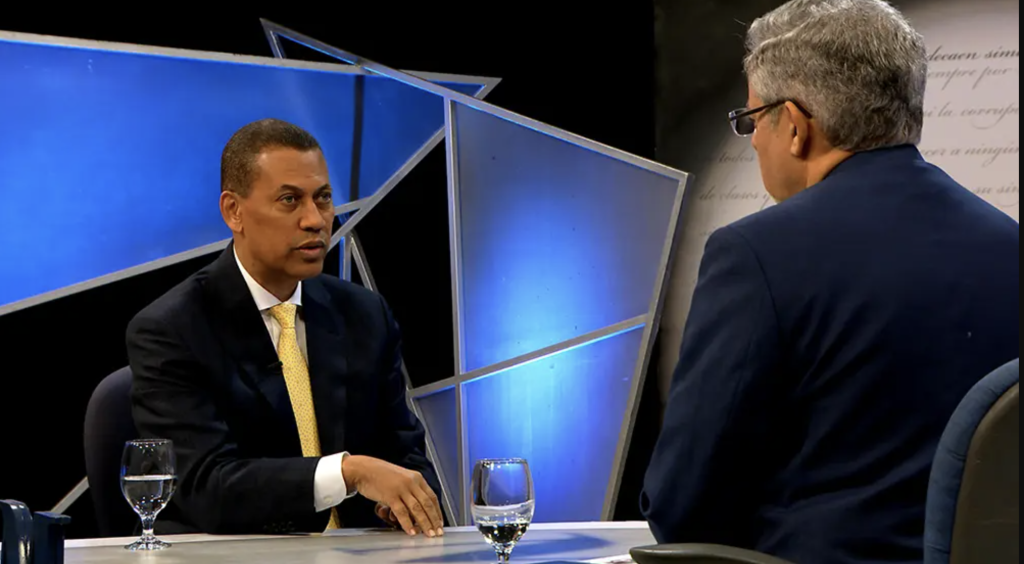
The president of the board of the Dominican Telecommunications Institute (Indotel), Guido Gómez Mazara has confirmed that the technical aspects of blocking cell phone calls from prisons have been resolved, as part of a joint effort with the Office of the Attorney General.
Mazara asserted that this measure will curb the increase in criminal activities originating from prisons, explaining that 36% of thefts involve cell phones, and 90% of fraudulent calls are made from prisons using stolen phones. “I guarantee the country that this year, the blocking of cell phone calls from prisons will be resolved, as we are already checking [the system], but we cannot disclose which prisons,” Mazara stated during an interview with Pablo McKinney on his program “McKinney,” broadcast on Color Visión, Channel 9.
He further noted that when the Las Parras prison opens, cell phone blocking will be much easier as that jail is not located in a populated area, unlike La Victoria Jail, which is within a municipality. Mazara also revealed that Indotel has technically resolved the issue of cell phone blocking in prisons and is evaluating models to control criminal activities originating from these facilities.
Mazara expressed that the monitoring of the cell phone blocking system is conducted by Indotel and the National Intelligence Agency (DNI) to ensure compliance. He acknowledged the presence of corruption within the prison system.
During the interview, Mazara also discussed digital terrestrial television. He stated that while there are 3.8 million households in the country, 950,000 still use obsolete TV receivers. In collaboration with the Inter-American Development Bank (IDB), Indotel is providing converters to these families, facilitating access to digital terrestrial television. This initiative is based on an IDB study that found a 94% telecommunications coverage rate in the Dominican Republic but only 27% of this is significant connectivity.
Mazara also mentioned a Constitutional Court ruling establishing national roaming, requiring all telephone companies to provide coverage through other providers’ signals in areas where they do not have reach. He noted that 32% of Dominican schools lack internet connectivity, but efforts are underway to reduce this figure by half this year.
Read more in Spanish:
El Caribe
McKinney
24 March 2025

